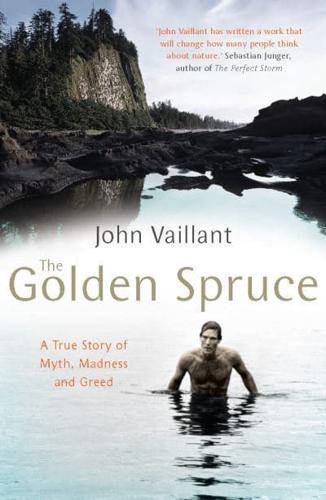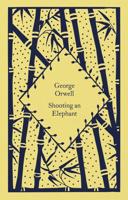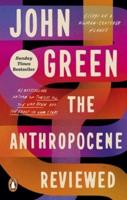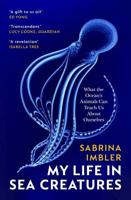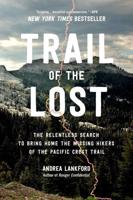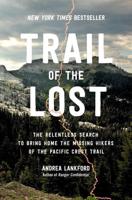Publisher's Synopsis
THE AWARD-WINNING INTERNATIONAL BESTSELLER, FROM THE AUTHOR OF FIRE WEATHER, WINNER OF THE 2023 BAILLIE GIFFORD PRIZE FOR NONFICTION
WINNER OF A WINDHAM-CAMPBELL PRIZE 2014
'Absolutely spellbinding' New York Times
'Will change how many people think about nature' Sebastian Junger
______________________________________
JOURNEY INTO THE HEART OF NORTH AMERICA'S LAST GREAT FOREST.
On a bleak winter night in 1997, a British Columbia timber scout named Grant Hadwin committed an act of shocking violence: he destroyed the legendary Golden Spruce of the Queen Charlotte Islands. With its rich colours, towering height and luminous needles, the tree was a scientific marvel, beloved by the local Haida people who believed it sacred.
The Golden Spruce tells the story of the sadness which pushed Hadwin to such a desperate act of destruction - a bizarre environmental protest which acts as a metaphor for the challenge the world faces today. But it also raises the question of what then happened to Hadwin, who disappeared under suspicious circumstances and remains missing to this day.
Part thrilling mystery, part haunting depiction of the ancient beauty of the coastal wilderness, and part dramatic chronicle of the historical collision of Europeans and the native Haida, The Golden Spruce is a timely portrait of man's troubled relationship with a vanishing world.
_______________________
'Worthy of comparison to Jon Krakauer's Into the Wild . . . A story of the heartbreakingly complex relationship between man and nature.' ENTERTAINMENT WEEKLY
'His story is about one man and one tree, but it is much more than that. John Vaillant has written a work that will change how many people think about nature.' SEBASTIAN JUNGER
'A haunting tale of a good man driven mad by environmental devastation' LOS ANGELES TIMES
'Absolutely spellbinding . . . descriptions of the Queen Charlotte Islands, with their misty, murky light and hushed, cathedral-like forests, are haunting, and Vaillant does full justice to the noble, towering trees.' NEW YORK TIMES
'A haunting portrait of man's vexed relationship with nature.' PUBLISHERS WEEKLY
